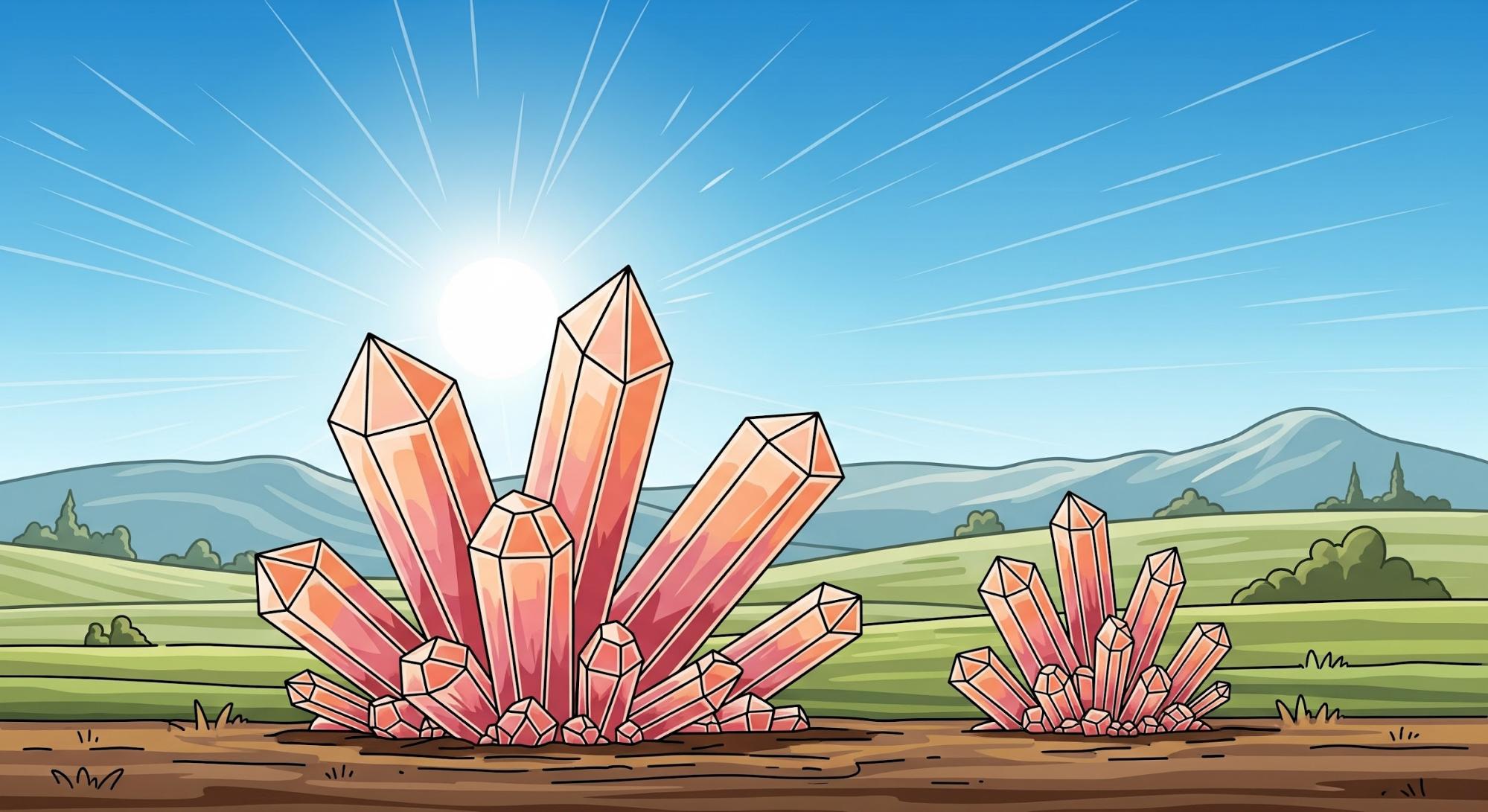Posted December 06, 2024
By Sean Ring
The Carlson-Lavrov Interview
Yesterday in the Morning Reckoning, I wrote a piece titled “The Voiceless Diplomats.” In it, I bashed the State Department for not doing its most important job: speaking to the U.S.’s enemies. I wrote, “The whole point of diplomacy is to talk to people you don’t like, not to host fancy dinner parties for the people you do like.”
That’s why Tucker Carlson is back in Russia: to speak to the people the U.S. bureaucrats refuse to talk to.
Correction: I wrote in the article that Carlson would release the interview tonight. He obviously did so last night.
Carlson immediately got to the point.
“Do you believe the United States and Russia are at war right now?” Tucker Carlson asked Russian Foreign Minister Sergey Lavrov.
Lavrov’s response was pointed: “I wouldn’t say so... But what is going on in Ukraine, some people call it a hybrid war. I would call it hybrid war as well.” What followed was an extraordinary—and deeply concerning—exchange that revealed the current state of global geopolitics and the chasm between two of the world’s major powers.
On the Brink?
Lavrov emphasized that while neither Russia nor the U.S. has declared war, the ongoing conflict in Ukraine represents a proxy war of unprecedented complexity. Lavrov accused the United States of not just funding Ukraine but directly enabling its military capabilities through advanced weaponry like the long-range ATACMS missiles. He went further, alleging direct U.S. involvement in targeting Russia. “The Ukrainians would not be able to do what they are doing without direct participation of the American servicemen,” he said.
This is where the stakes rise alarmingly. Lavrov pointed to Western discourse around “limited nuclear strikes” and NATO’s doctrine of preemptive action as deeply destabilizing. “Some officials in the Pentagon… say something like, ‘The attack is the best defense.’ This is a very serious mistake.”
When pressed on Russia’s recent unveiling of hypersonic weapons, Lavrov framed it as a necessary signal to the West. “They must understand that we would be ready to use any means not to allow them to succeed in what they call a strategic defeat of Russia.”
The translation? Russia sees its security as existentially threatened and will escalate if necessary.
What Led to This Point
Lavrov wove a narrative of Western betrayal and provocation, from NATO’s eastward expansion to Ukraine’s 2014 Maidan coup. Lavrov painted Ukraine not as an independent actor but as a U.S. pawn. He talked about alleged Ukrainian abuses of Russian-speaking populations, claiming these human rights violations justified Russia’s actions.
“The Minsk agreements,” Lavrov claimed, “were sabotaged... Had they been implemented, Ukraine would still be one piece, minus Crimea.” By ignoring Russia’s security concerns and interfering in its sphere of influence, Lavrov intimated the West left Russia no choice but to escalate.
What’s striking is Lavrov’s repeated emphasis on “negotiated solutions.” He referred to proposals for Ukraine to adopt a non-aligned status—no NATO, no foreign bases—as missed opportunities. Lavrov mentioned the Istanbul talks of 2022, which he alleged (with justification) then-British Prime Minister Boris Johnson derailed. “It was Boris Johnson who told them to continue to fight,” Lavrov said.
Can There Be Peace?
When Carlson asked Lavrov under what conditions Russia would cease hostilities, the answer was predictable and inflexible. Lavrov reiterated demands for Ukraine to abandon NATO aspirations and respect the Russian language, culture, and Orthodox Church. But new realities on the ground—Russia’s annexation of Donetsk, Luhansk, Kherson, and Zaporizhzhia—are now “non-negotiable,” as they’ve been enshrined in Russia’s constitution.
On sanctions, Lavrov radiated defiance, claiming they’ve only strengthened Russia’s self-reliance. “What doesn’t kill you makes you stronger,” he quipped.
Editor’s Note: The Rude has been against sanctions from Day One, saying they’d do nothing but help Russia. If you’d like to review any of the over 50 articles we’ve written about them, click here.
A Nuclear Cloud
The most harrowing part of the conversation revolved around nuclear weapons. Lavrov underscored Russia’s doctrine to avoid nuclear war but warned against underestimating its seriousness. Carlson noted how U.S. policymakers seem to think nuclear conflict would be limited to Europe, an idea Lavrov said was “an invitation to disaster.”
He blamed the U.S., claiming that backing coups, expanding NATO, and imposing an inconsistent rules-based order brought the world to this dangerous precipice. “The U.N. Charter is not a menu. You have to respect it in its entirety,” Lavrov said.
A Diplomatic Abyss
One of the most sobering revelations was the near-total breakdown in direct communication between Washington and Moscow. Lavrov admitted he hasn’t spoken to U.S. Secretary of State Antony Blinken in years. Informal encounters, Lavrov said, are marked by awkward avoidance: “Some Europeans run away when they see me.”
Wrap Up
Lavrov believes that Russia and the U.S. are in an existential struggle. America fights for global hegemony, while Russia fights for its “legitimate security interests.”
Carlson ended the interview with the central question: “How sincerely worried are you about escalation between Russia and the United States?”
Lavrov’s answer was direct: while Russia wants no war with the U.S., he accused Western leaders of recklessly dismissing Russia’s red lines. “Professionals in deterrence policy know it’s a very dangerous game… We don’t want to have it.”
This candid conversation is a grim reminder of how close the world is to spiraling into deeper chaos. The takeaway is simple for the markets, geopolitics, and humanity: complacency is not an option.
Have a lovely weekend!

RIP, Scott Adams
Posted January 14, 2026
By Sean Ring

Worldwide Whack-A-Mole
Posted January 13, 2026
By Sean Ring

Powell Subpoenaed For Fed Renovations, Horrifying Wives Everywhere
Posted January 12, 2026
By Sean Ring

The Next Commodity Supercycle Winner
Posted January 09, 2026
By Sean Ring

The Best Stocks, Countries, and Books
Posted January 08, 2026
By Sean Ring

